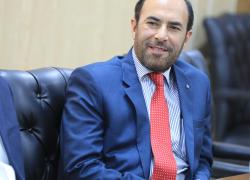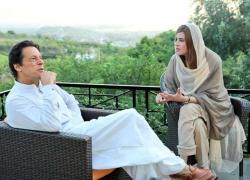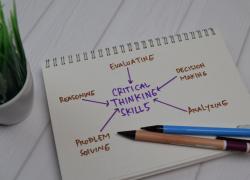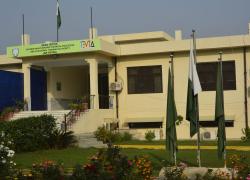One of the most important skills, the candidates should not disclose during the job interview?
During a recent interview, for an early career management position in a public sector university, one of my colleagues was asked about his future plans. Being a PhD scholar, he replied that he was planning to complete his PhD first and then possibly go for a postdoc. To me, it was the most plausible answer to the question. Had I been on the panel, I would have recommended him believing that his additional qualification and higher education would be a definite plus to the job and to the organization.
A candidate having a strong academic background and equipped with the needed skill set was not finally selected, because, the interview panel thought that since he would be much occupied with his academic pursuits so he would not be able to focus much on his core job.
With this in mind, I faced a similar dilemma last week. While appearing in an interview for a purely administrative position in a public sector organization, I was in a real fix, how to address this predicament. During my preparation for the interview, I thought several times what kind of person they would be looking for, what kind of skills they would be required for the position and what additional skills which I possess should I divulge and what should I keep to my chest for the time being to be positively considered for the position.
Being a research blogger, a freelancer and a YouTuber I had strong temptation to talk about it, in order, to stand out among the rest of the candidates. However, in my heart of hearts, I sensed that such skills may be of little interest to the interview panel for an administrative position in the context of a hard-core public sector set-up and this may create a negative impression running the prospects of my selection.
In one my previous blog post, “An interesting account of the most common interview mistakes”, I talked about the additional skills, the candidates should refrain from overemphasizing upon or even disclosing during the interview. Since, the candidates, generally, do not apply their mind to the best of the situation, here, resulting in utter failure.
As a matter of fact, most people react to the news of an interview with some degree of nervousness, anxiety and even strain. Interviews are regarded most often as stressful because there is a lot at stake but nothing in control. It is very natural to feel anxious when you have an interview and that is fastly approaching. There is also an inherent element of uncertainty and as a human being, we naturally become nervous when faced with such a sensitive situation where the stakes are high and we are not in command of anything.
The potential issues of concern, the candidates may have about interviews, embrace but not limited to the things like: 1) What should they wear?, 2) Who will be there on the interview panel? 3). How can they deal with interview nerves? 4) What sort of questions they may ask me? 5) How will they cope with difficult questions? And 6) How to start with, how to conclude and how to create a good impression?
Indeed, most interviews used to be challenging and the candidates need to demonstrate evidence of their motivation, insight and communication skills. But these are also designed to give them an opportunity to talk about why they are right for the job or course. By preparing for it, they should be able to take full advantage of that opportunity.
I suggest the candidates apply their minds to anticipate the key questions that might be asked during the interview. They should write down the plausible answers to each, list what they can offer and identify concrete examples of their suitability for the job. Most importantly, they need to think about how they can tailor their answers to what the selector is looking for. For this, it is vital to have a deep understating of the organization, its function, organizational structure, chain of command and most importantly, the position for which they are being interviewed, its JDs/TORs and its setting in the overall organizational organogram.
In this blog post, I briefly discussed the additional skills, the candidates should refrain from disclosing in the interview and should remain focused on the most desired skills for the job.


















